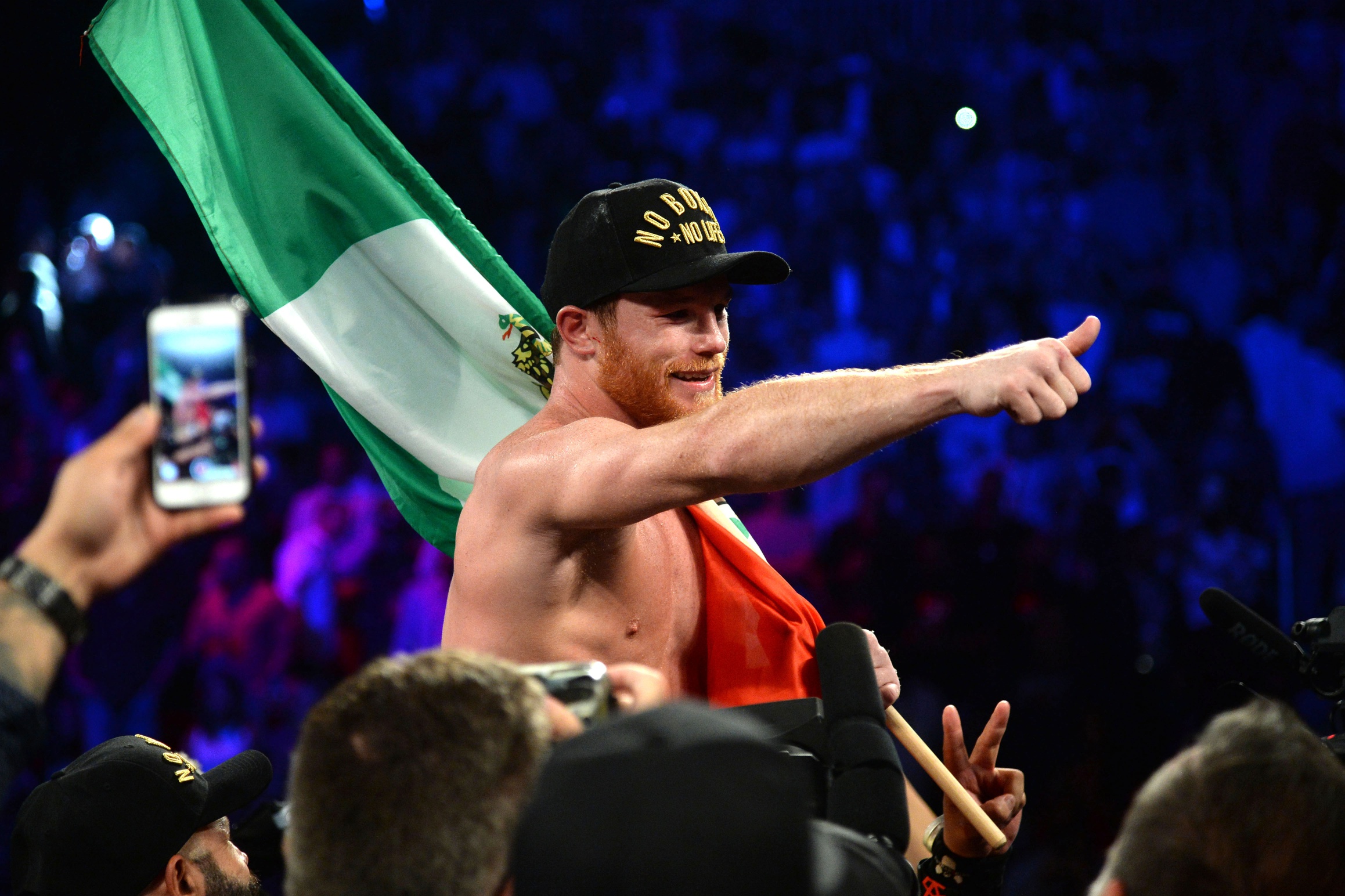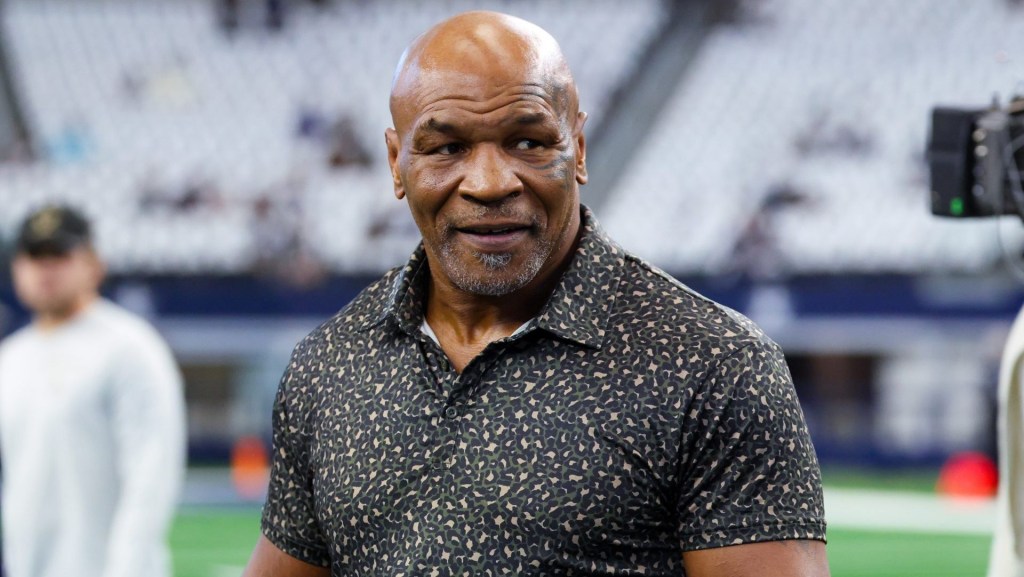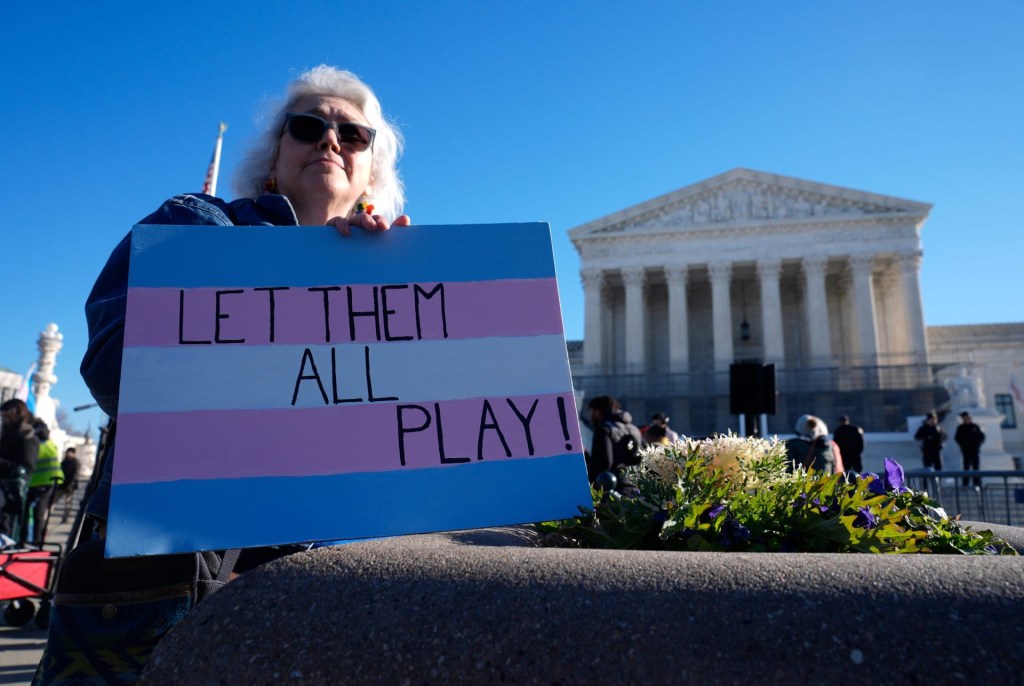Canelo Alvarez filed a $280 million breach of contract lawsuit against streaming service DAZN, boxer-turned-promoter Oscar De La Hoya and De La Hoya’s Golden Boy Promotions on Sept. 8.
The amount in damages sought in the federal complaint filed in Los Angeles reflects the amount Alvarez claims he’s owed from an 11-fight deal worth at least $365 million that was originally announced in October 2018.
Alvarez fought three times under the deal and DAZN offered “substantially less” than the $35 million the middleweight was promised for each of two proposed fights in 2020, according to the lawsuit.
“Given that DAZN had made it clear that it would not honor its contract, throughout the spring and summer of 2020, Alvarez repeatedly asked Golden Boy Promotions to explore alternative broadcast options for a fall 2020 bout,” Alvarez’s lawyers allege in the lawsuit. “Although Golden Boy Promotions reported that it was talking to various broadcasters, it failed to put forth a single alternative plan by which it would pay Alvarez the $35 million it had promised him for each of his fights.”
Alvarez’s legal team claims it negotiated in “good faith” over potential 2020 bouts that were initially put on hold as a result of the pandemic before combat sports proceeded without fans in attendance.
He was offered DAZN stock ahead of its expected initial public offering, but the amount of cash and stock “was substantially less than Alvarez’ contractual guarantee.”
The discussions, according to the lawsuit, included bouts on “top of skyscrapers” that “could elevate a ‘COVID-19 Era’ event to historic and spectacular.”
The lawsuit also seeks punitive damages along with court and legal fees.
A message left with a DAZN spokesperson was not immediately returned.
DAZN has about $4.5 billion in commitments over its broadcast rights deals, which include European soccer and boxing. The streaming service that costs $100 annually had sought to defer payments as sports were impacted by the pandemic.
Sports Business Journal reported on Aug. 9 that DAZN laid off about 2% of its global workforce. The layoffs mostly impacted U.S. employees in production and marketing, according to Awful Announcing.

![[Subscription Customers Only] Jun 15, 2025; Seattle, Washington, USA; Botafogo owner John Textor inside the stadium before the match during a group stage match of the 2025 FIFA Club World Cup at Lumen Field.](https://frontofficesports.com/wp-content/uploads/2026/02/USATSI_26465842_168416386_lowres-scaled.jpg?quality=100&w=1024)



![[Subscription Customers Only] Jul 13, 2025; East Rutherford, New Jersey, USA; Chelsea FC midfielder Cole Palmer (10) celebrates winning the final of the 2025 FIFA Club World Cup at MetLife Stadium](https://frontofficesports.com/wp-content/uploads/2026/02/USATSI_26636703-scaled-e1770932227605.jpg?quality=100&w=1024)











